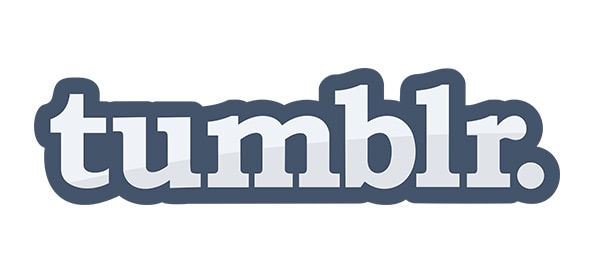
I learned the importance of privacy in second grade.
My friend Jeff had developed a crush on a girl in our crowded public school class, and I encouraged him to express his undying love in the safest elementary way possible. “Write her a note—and make it romantic like the movies,” I advised.
The next day, Jeff thoughtfully composed an elegant sonnet filled with compliments and sappy one-liners taken from Disney movies. His big moment had arrived. He pretended he needed to throw something away and smoothly dropped the letter on his lover’s desk while walking to the trash bin.
This is when our plan crashed and burned. “Jeffrey!” our teacher said. “Come up here right now and read that note aloud to the class.”
Rather than using the rest of this article to painfully describe the events that followed, I’ll simply say that my friend Jeff miserably cried his way through a page and half of humiliating rhymes and mispronounced flattery. Our teacher had blown his privacy and ruined his chances with the girl. I saw this as horrific injustice.
While this is a childish story, much of our society feels similar outrage over the recent reports of the top-secret U.S. surveillance program known as PRISM leaked by Edward Snowden. This operation allows the National Security Agency (NSA) to access private information from Internet companies such as Facebook, YouTube, Google, Microsoft, Skype, Yahoo and others.
Given that unchecked governmental power has led to extreme corruption and systemic abuse historically, this should concern us. But instead of allowing fearful gut reactions or political leanings to drive our thinking on this topic, we should respond with godly wisdom.
Know the facts
According to a study by Annalect, 57 percent of Internet users now worry about their online privacy, a 19 percent increase from when the NSA scandal first broke in June, .
In reaction, more users have opted out of mobile tracking, limited their browser’s security settings and boosted privacy settings on social media profiles. But given the nature of the program, these steps do nothing to change the government’s ability to access private information.
The first step in engaging this issue should therefore be separating fact from fiction. Some commentators have described the government’s electronic eavesdropping as though we live in a 1984-esque dystopian empire where the central administration knows our every thought and deed. This is simply not true.
The other side of the spectrum contends that governmental intelligence agencies have a fail-proof system that only breaches the privacy of an infinitesimal percentage of citizens who directly discuss terror plots. This is also not true.
While much remains blurry, some things are clear. Under the Foreign Intelligence Surveillance Act, the NSA can legally demand private information from tech companies without probable cause or judicial oversight. The focus of this surveillance is on foreigners, but Americans can be included when communicating internationally. This becomes increasingly concerning given the fact that the government recently used the Patriot Act to obtain records of every phone call in Verizon’s records.
Honor authorities
As followers of Christ, we should willingly forgo some of our personal privileges for the sake of protecting our neighbors. We must keep in mind that these governmental actions are intended to uphold security, not spoil the privacy of U.S. citizens.
A former FBI director testified this year that since 9/11, more than 50 terrorist plots have been foiled within the U.S., many of which were prevented due to heightened surveillance. All Americans should empower security agencies to continue protecting the nation this way, but this doesn’t mean we should turn a blind eye to potential power abuses.
Unfortunately, many people believe holding the government in-check equates to berating the current (or past) administration with unproductive, dishonoring slander.
In his first canonical epistle, Peter gives four direct commands, saying, “Honor everyone. Love the brotherhood. Fear God. Honor the emperor.” Christians engaging in this national conversation should therefore acknowledge the dignity and authority of each governmental leader involved. Aside from being an offense to God, political mudslinging does nothing but distract others from the core issue.
Paul’s commands in Romans 13 are a bit more complicated to apply to this subject. He writes that every person should be subject to governing authorities. “For there is no authority except from God, and those that exist have been instituted by God,” he writes in verse two.
While this should assure us of God’s sovereignty over our government, does it also mean we should willingly submit to all governmental actions without challenge or question?
Respond with wisdom
Since the First Amendment upholds freedom of speech and promotes political discourse, we can simultaneously honor our government and express productive critiques. Therefore, if you’re still reading this article, you probably have an opinion on this topic and should feel the freedom to voice that with your local representative or senator.
Although there may not be one correct Christian view on this topic, God calls us to deny ourselves for the benefit of others. This should lead us to let go of some of our selfish entitlement to privacy as we discuss this issue with national leaders and thinkers.
On the other hand, we have a responsibility to be salt and light in society. This should cause us to uphold government integrity and accountability for the sake of benefitting society as a whole.
Governmental monitoring will probably not stop in the foreseeable future, but rather than giving into fear and cynicism, we should advocate for a healthy balance between privacy and security.
In the meantime, we will just have to hope governmental contractors are not secretly reading our sappy love notes and jokingly sharing with their friends.






















